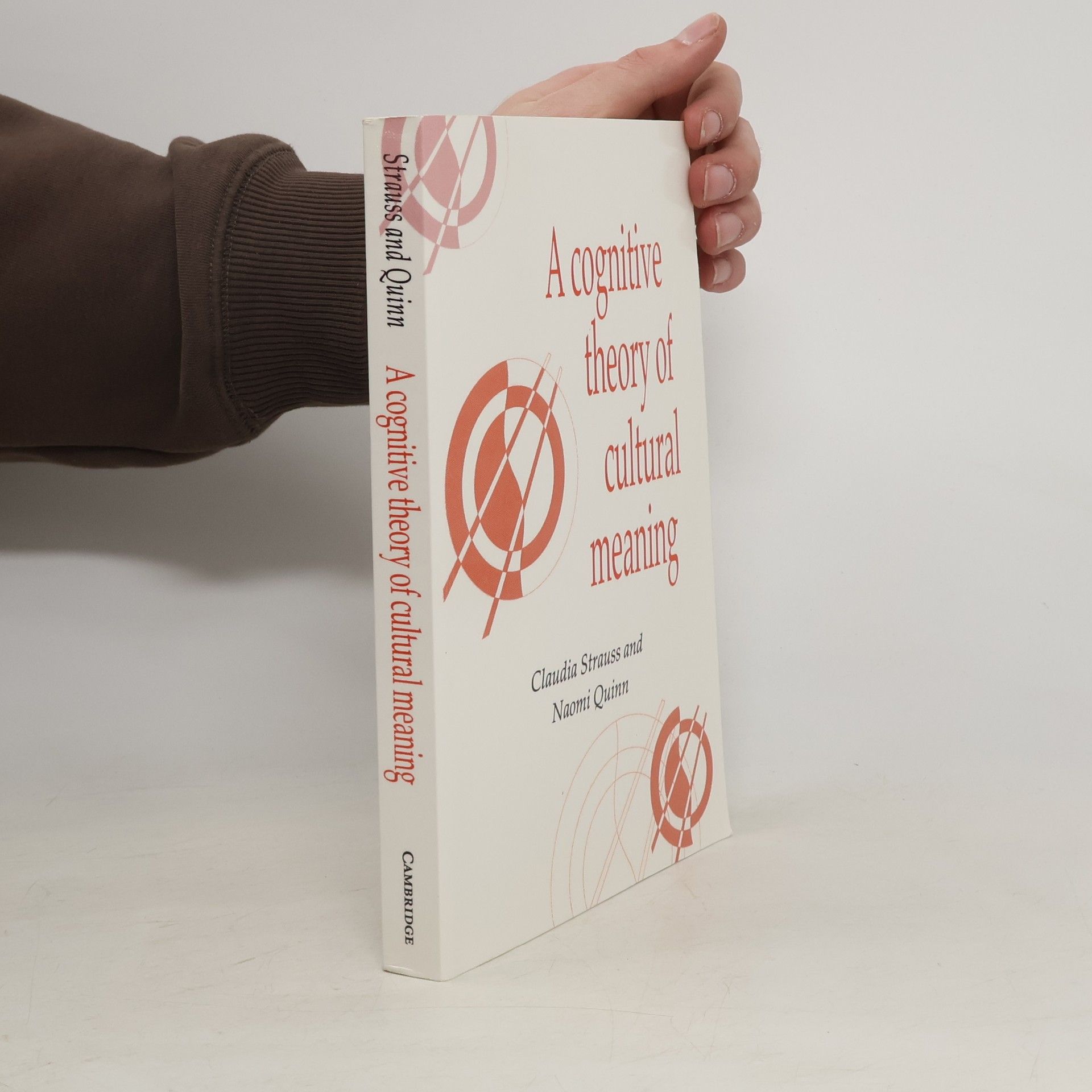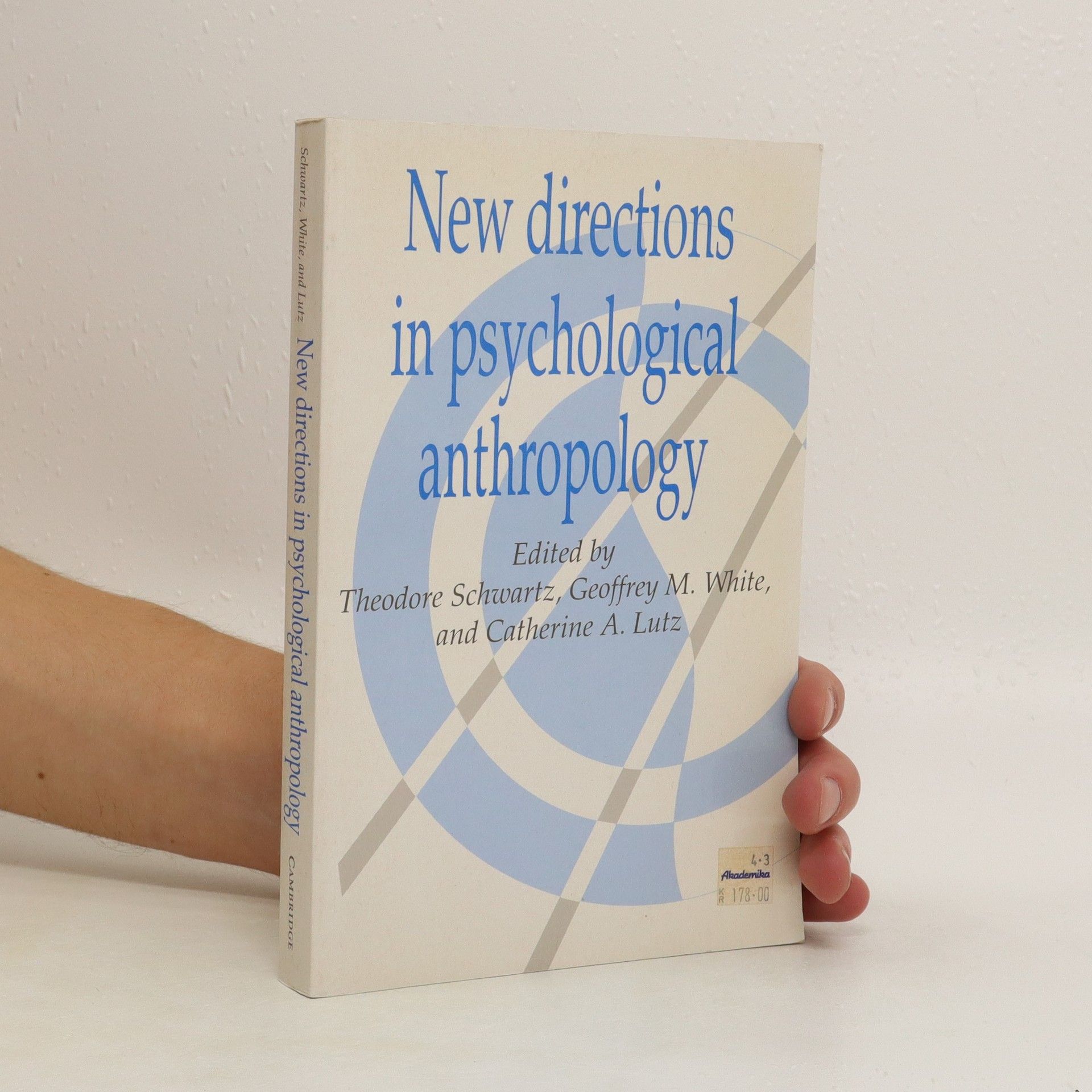The field of psychological anthropology has changed a great deal since the 1940s and 1950s, when it was often known as 'Culture and Personality Studies'. Rooted in psychoanalytic psychology, its early practitioners sought to extend that psychology through the study of cross-cultural variation in personality and child-rearing practices. Psychological anthropology has since developed in a number of new directions. Tensions between individual experience and collective meanings remain as central to the field as they were fifty years ago, but, alongside fresh versions of the psychoanalytic approach, other approaches to the study of cognition, emotion, the body, and the very nature of subjectivity have been introduced. And in the place of an earlier tendency to treat a 'culture' as an undifferentiated whole, psychological anthropology now recognizes the complex internal structure of cultures. The contributors to this state-of-the-art collection are all leading figures in contemporary psychological anthropology, and they write abour recent developments in the field. Sections of the book discuss cognition, developmental psychology, biology, psychiatry, and psychoanalysis, areas that have always been integral to psychological anthropology but which are now being transformed by new perspectives on the body, meaning, agency and communicative practice.
Publications of the Society for Psychological AnthropologySeries
This series delves into the depths of the human mind across diverse cultural landscapes. It explores the intersection of psychology and anthropology, addressing themes such as the construction of the self, cognitive processes, and emotional expressions across societies. Readers will discover engaging empirical research and theoretical works that illuminate the complex relationship between culture and psyche.



Recommended Reading Order
"Culture" and "meaning" are central to anthropology, but anthropologists do not agree on what they are. Claudia Strauss and Naomi Quinn propose a new theory of cultural meaning, one that gives priority to the way people's experiences are internalized. Drawing on "connectionist" or "neural network" models as well as other psychological theories, they argue that cultural meanings are not fixed or limited to static groups, but neither are they constantly revised or contested. Their approach is illustrated by original research on understandings of marriage and ideas of success in the United States.
Focusing on the intersection of culture and human development, this collection features influential articles by John Whiting, a key figure in psychological anthropology. His interdisciplinary approach integrates anthropology, psychoanalysis, and behavior theory. The book also includes a comprehensive autobiographical essay, providing insight into Whiting's life and work. An introduction by Roy D'Andrade evaluates Whiting's unique contributions and situates them within the current landscape of psychological anthropology.